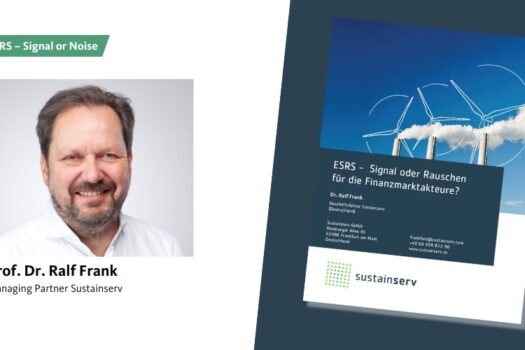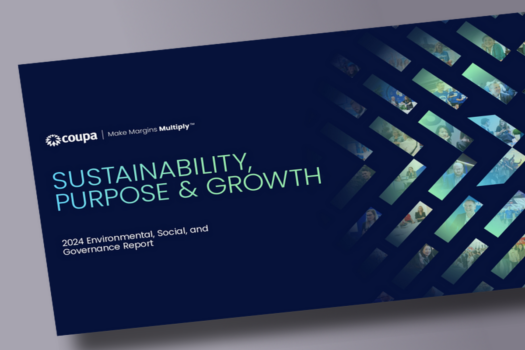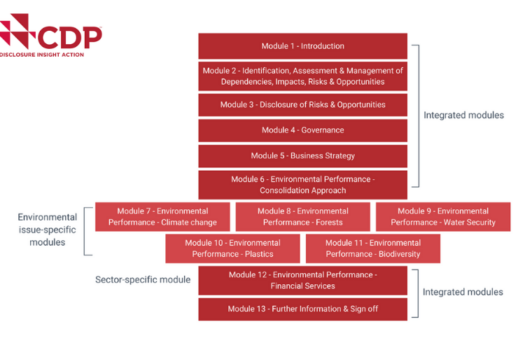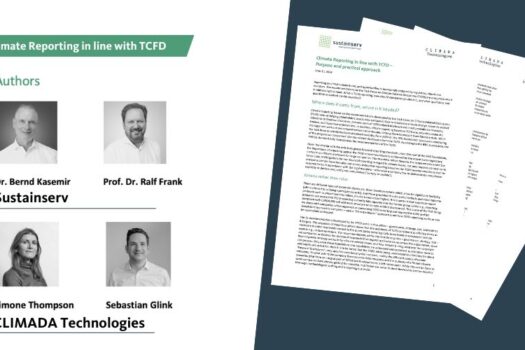Take a walk at night and turn your gaze to the sky overhead. Behind the stars we can see, there are billions of galaxies, each with billions of stars. The little blue and green planet you stand on is the only one known to create, support, and sustain life. As renowned physicist, Enrico Fermi, once implored, “Where is everybody?” And the Fermi Paradox was born.
That lone understanding seems like it would inspire every human to gravitate towards sustainable economics and operations. Yet the macro system that humans have created and that businesses operate within, is inherently broken.
Our global economic system is a finite system with finite resources, yet its ultimate priority is continued growth and expansion. While most business leaders understand that anything you “can’t do forever” is by definition, unsustainable – most of them resist changing their business models simply because “it’s the way things have always been done.” Anytime you hear those words, you know the time is ripe for innovation.
Shifting to a sustainable business model effectively requires a new mindset that shifts the relationships between profit maximization and sustainability to prioritize sustainability and profit. It is possible to hold two concepts simultaneously – at the same time such a shift requires a recognition that the two are not mutually exclusive. Paul Hawken realized this three decades ago in his book “The Ecology of Commerce.”
Why, in 2023, aren’t more companies following the lead of Paul Polman who turned Unilever into a beacon of leadership across the consumer packaged goods sector and has continued to see a strong return on his investment year after year? Why aren’t more companies emulating Patagonia, a company that continues raking in billions, while challenging the culture of consumption at the heart of the global ecological crisis?
These types of business leaders need not be as rare as they are – especially since stakeholders and shareholders are increasingly questioning how much of a company’s value is reflected in its financial reports. Patagonia was ranked “most respected brand” in a recent Axios and Harris survey poll, showing that what a company believes in matters. It also shows companies that include the planet and humanity among their stakeholders can also optimize returns for their shareholders.
When the sole focus is money and growth, one loses the human component and often one’s compass. Net positive leaders like Patagonia’s Yvan Chouinard instinctively understand that companies must be cautious about chasing endless returns and growing too much, so they focus on the long game.
I often ask business leaders the question: “How long do you want your business to last?” The most frequent response is silence, followed by some version of “forever.” One response I’ve never heard is “until next quarter.” A company’s actions need to reflect that grander, longer-term thinking, but too often they’re never looking beyond their next three months and miss opportunities for meaningful change.
Given this current and ongoing dilemma, how can companies adapt to understand what this change in value perception means to them? While there’s no silver bullet, there are some common-sense steps companies can take to decouple financial growth from resource use on the road to true sustainability. Here are three that any company can embrace:
- Embrace the Circular Economy
For starters, businesses must work to not only reduce waste but eliminate waste entirely. This means embracing the circular economy and recycling, reusing, and refurbishing all natural materials. This also means reversing a convenience-laden approach to commerce. Because the only returns the planet receives for every convenient non-recyclable plastic spoon or coffee cup lid are islands of trash in the ocean. Businesses can follow the Ellen MacArthur Foundation’s (EMF) approach to the circular economy, which aims to “transform our throwaway economy, where waste is eliminated, resources are circulated, and nature is regenerated.”
There are currently more than 1,000 organizations involved in the EMF. - Accelerate the Renewable Energy Transition
As each IPCC report grows more alarming, companies have a responsibility as global citizens to look at their current resource use and evaluate the extensive environmental and social consequences of fossil fuel extraction. From a business standpoint, they can make the case for moving to 100% renewable energy because it is not only cleaner across the value chain, but much more efficient. Businesses can commit to and work towards 100% renewables through the RE100 initiative, among others. In the macro sense, it takes eight minutes for the light from the sun to reach us, but it takes millions of years for fossil fuels to form. Which is a more efficient supply option?
There are currently more than 400 organizations involved in the RE100. - Making provable sustainability the goal
In football, to win, one must score more points than the opponent. That is done ten-yard increments over four downs. Achieving 2 yards per carry is progress, but ultimately would lead to defeat. To win the sustainability game, each company must know how much progress is needed for every pertinent ESG category: energy, emissions, water, waste, diversity, equity, inclusion, among others. Environmental and social science provide the measuring stick. The sciences, e.g., climate science, provide explicit thresholds, like a first down marker in football, for environmental, social, and economic sustainability. This is most eloquently described in context-based sustainability.
A sparse number of leading companies like Cabot Creamery have embraced context-based sustainability to set goals.
Fermi postulated in “The Great Filter” that developing intelligence in the universe destroys itself during its technological infancy. And as Jared Diamond presented in his book “Collapse: How Societies Choose to Fail or Succeed,” every major iteration of civilization on Earth previous to the current one, ended due to environmental collapse. So, the question remains, both literally and figuratively – Where is everybody?
Jeff Gowdy is a Director for Sustainserv. Operating out of the company’s Nashville office, he is a thought leader and award-winning practitioner in sustainability and CSR, particularly in the areas of reporting, goal setting, and materiality.
Get in touch. We are happy to tell you more about it.





